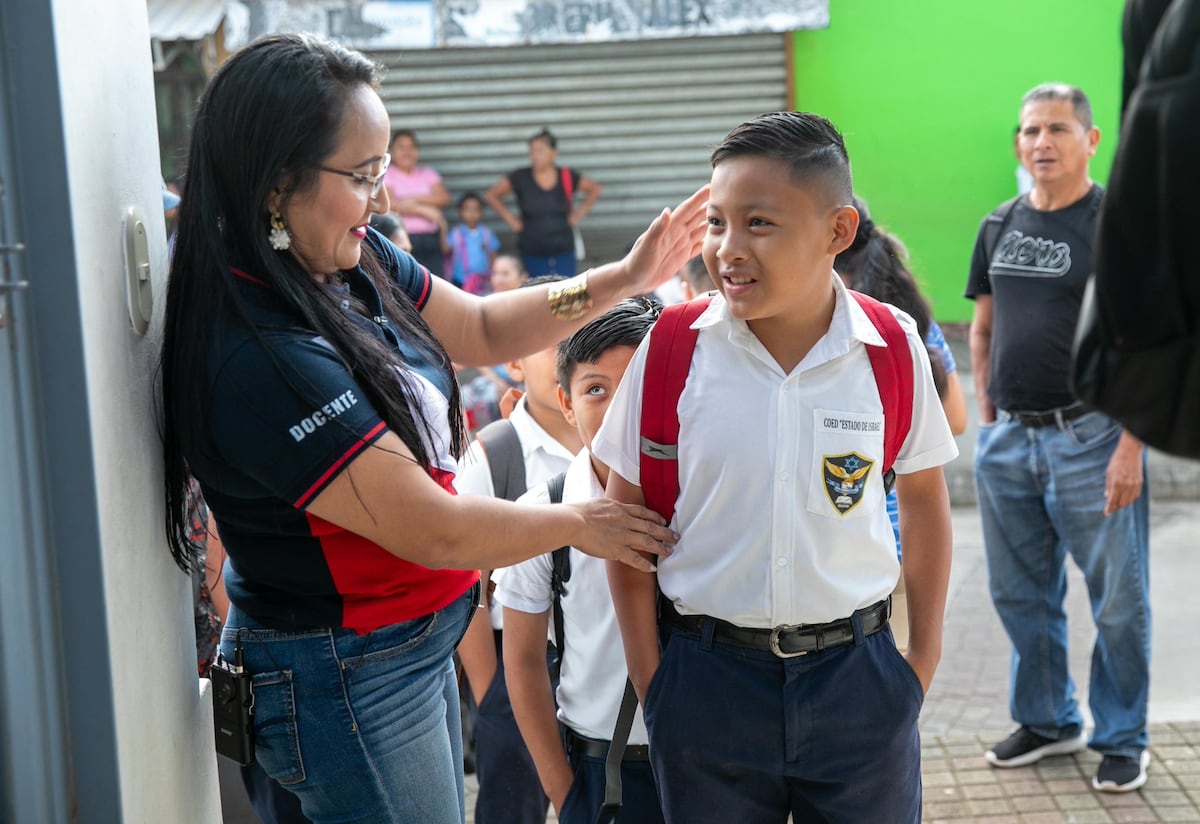
"President Nayib Bukele appointed a military officer as Minister of Education. The official's first order was that all children and adolescents must show up to school with closely cropped hair, their uniforms neat and tidy, and say thank you and please to adults. Those who don't do so or teachers who don't enforce the rules will face the consequences, he said in a statement."
"On the night of Thursday, August 14, Bukele announced through his X account a new step in the militarization of his government and appointed Captain Karla Trigueros as Minister of Education. Her mission will be to prepare future generations to successfully face the challenges of tomorrow and achieve the highest quality standards that the new El Salvador we are building will demand, Bukele wrote."
"Captain Trigueros, according to Bukele, must collaborate in eradicating gangs, a war that was fought with the military in the streets and has now reached schools. For many, however, this is nothing more than justification for the militarization of public education. They say they're implementing anti-gang measures, but gangs are a consequence of the corruption and massive human rights violations committed during military governments. It seems President Bukele isn't afraid to repeat them, said Noah Bullock, director of Cristosal, a renowned human rights organization."
President Nayib Bukele appointed Captain Karla Trigueros, a military officer, as El Salvador's Minister of Education on August 14. The new minister appeared in uniform, hugged children in schools, and issued orders requiring all children to show up with closely cropped hair, neat uniforms, and to use polite manners; failure by students or non-enforcing teachers would bring consequences. Principals must meet each student daily to supervise dress, manners, order, and discipline. Bukele framed the appointment as part of militarization and an effort to eradicate gangs, while critics link gangs to past corruption and human rights violations during military governments.
Read at english.elpais.com
Unable to calculate read time
Collection
[
|
...
]